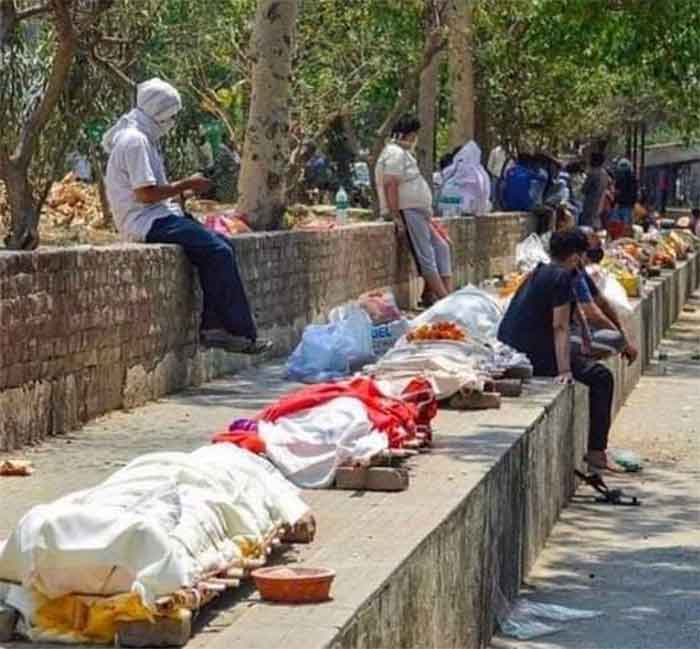To Confirm Community Spread Of COVID-19 Infection, Test 100,000 Indians Randomly Across The Country: Total Cost Rupees 500 Millions

The scientific and epidemiological way to know if COVID-19 – 60 days after the first case being detected in India – has spread in the community is to test around 100,000 Indians uniformly across the country. This random testing should cover all States, Union Territories; tribal, rural, urban areas; men, women, LGBTQIA; young and old people; those at high-risk and those not.
The results of these tests would give a fair idea of the prevalence of COVID-19 in the community and also a rough idea (projection) of the total cases in India. If the test results show few/more/large number of positive cases in the community it would necessitate that the ICMR, AIIMS, Union Health Ministry review their present policy. Anyway, where would the evidence emerge from if massive testing is not undertaken? Even if all 100,000 tests are negative – an extremely unlikely situation – the government would know that it has a long ‘window’ period available to prepare for the eventual spread. This would reassure all the citizens about what lies ahead – in the immediate and not so distant future. With the results available the government could formulate a humane and practical roadmap for the period for which nation-wide lockdown is needed; and whether there would be series of lockdowns with intervening periods of ‘normalcy’; or whether a lockdown is needed at all.
When AIDS struck India in the late 1980s, initially the Rajiv Gandhi government was testing only those perceived to be at high risk viz gay people; women sex workers; intra-venous drug users; professional blood donors; foreigners and Indians from abroad entering India. Those found to be HIV-positive were being quarantined, even jailed. We at ABVA publicly protested consistently through 1988-2004. See ABVA blog at: http://aidsbhedbhavvirodhiandolan.blogspot.com/
Our logic, then was that if you test only those at high risk, you will find HIV-positive cases only amongst them and not in the community at large. We repeatedly urged the Rajiv Gandhi government (& the later governments) to conduct random, anonymous testing in the community at large. The authorities relented, put a new policy in place. Random testing at an all-India level conducted uniformly across the country confirmed the worst fears – that HIV/AIDS had spread in the community. History repeats itself – first as a tragedy; then as a farce.
Dr. P. S. Sahni is a member of AIDS Bhedbhav Virodhi Andolan (ABVA) and has worked in six epidemics/infectious diseases – Cholera (1971) West Bengal, bordering Bangladesh; Small Pox Eradication Program (1974) Bihar; Leprosy (1984-89); Cholera (1988) Delhi; Plague (1994) Delhi; HIV/AIDS (1988 onwards).
Email: [email protected]]
SIGN UP FOR COUNTERCURRENTS DAILY NEWS LETTER
















































